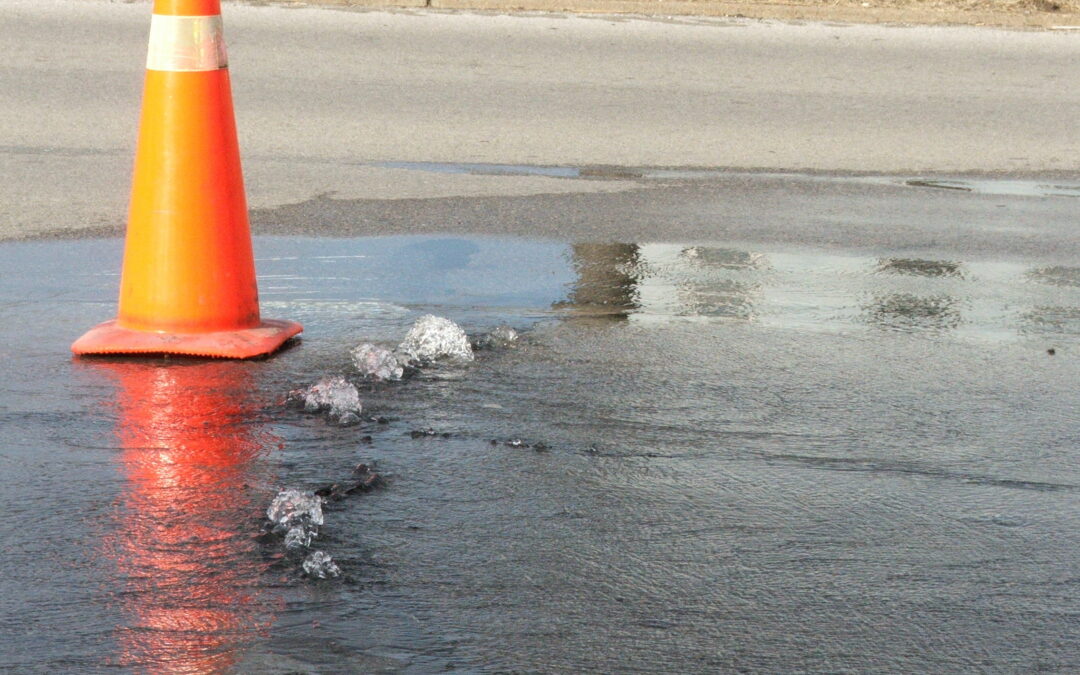The Michigan Infrastructure & Transportation Association (MITA) announced it had delivered documents to each legislator highlighting the significant need and impact of implementing a long-term, equitable, and sustainable infrastructure plan across Michigan would have on funding and fixing roads and bridges. If enacted, a $3.9 billion annual funding boost to Michigan’s infrastructure network would put us on the road towards getting our infrastructure in good or fair condition and provide needed stability for Michigan’s construction industry tasked with maintaining road quality.
“For decades, Michigan has failed to meet road and bridge funding needs,” said Rob Coppersmith, executive vice president of the Michigan Infrastructure and Transportation Association. “Roads in poor condition and failing bridges contribute to accidents, traffic jams, and fatalities, which drive up repair costs. As we continue to underinvest in infrastructure, fixing the problem becomes more and more expensive. We can no longer afford to keep kicking the can down the road.”
MITA distributed legislative district maps highlighting the percentage of roads in poor condition in each district. Based on 2022-2023 PASER road condition data, on average, more than 30% of roads in House and Senate districts are in poor condition. The data shows that House District 37 and Senate District 38 have the worst road conditions, with 59% and 43% of roads in those districts in poor condition, respectively. Conversely, House District 55 and Senate District 23 have the least amount of roads in poor condition, with 7% and 21% of roads in those districts in poor condition, respectively. Michigan currently has more than 28,000 lane miles of roads in poor condition.
“The legislature inherited this funding crisis,” said Coppersmith. “It’s up to our current elected officials to bring an end to this problem before it gets worse. The fact is, kicking the can down the road will only make the problem harder to fix, especially as costs continue to rise. While the Governor has done great work with the bonding program, and we’ve seen a short-term increase from the federal government, we’re staring at a funding cliff at the end of this year. We’re glad to see Speaker Hall and Governor Whitmer call for action on funding and fixing our roads, but we must act now before it gets any worse.”
To raise awareness of the significant impact that a $3.9 billion annual investment would have on Michigan’s roads and bridges, MITA forecasted what an annual funding increase would look like for communities across Michigan. That data was paired with maps of the current road conditions in each legislative district to highlight the need communities across the state face for increased funding. To view the documents shared with legislators, click here.
A 2023 report from Public Sector Consultants found that Michigan is faced with a $3.9 billion annual funding shortfall for fixing roads and bridges, which is expected to grow as inaction on funding solutions extends. Governor Whitmer’s Growing Michigan Together Council agreed with that assessment and urged the state to consider an array of options to fund and fix Michigan’s infrastructure in their report released at the end of 2023.
The 2024 TRIP report found that Michigan drivers are faced with $5.9 billion annually in vehicle operating costs for driving on roads in poor condition, an average of $758 per driver. In the 2023 report card for Michigan’s infrastructure issued by the American Society of Civil Engineers, Michigan received a grade of “D” for roads and a “D+” for bridges. The Transportation Asset Management Council found in their 2023 roads and bridges report that 33% of Michigan’s federal-aid roads were in poor condition. That percentage is forecasted to increase to 52% by 2035 as federal and state funds dedicated to fixing infrastructure dwindle.
“The data is clear: decades of underinvestment in Michigan’s infrastructure is costing Michigan drivers a lot of money,” Coppersmith said. “Without addressing this problem now, our roads will continue to deteriorate, and repair costs will continue to rise, making the solution even more expensive than it currently is. We need Michigan’s leaders to take action to address this crisis before it gets any worse.”

